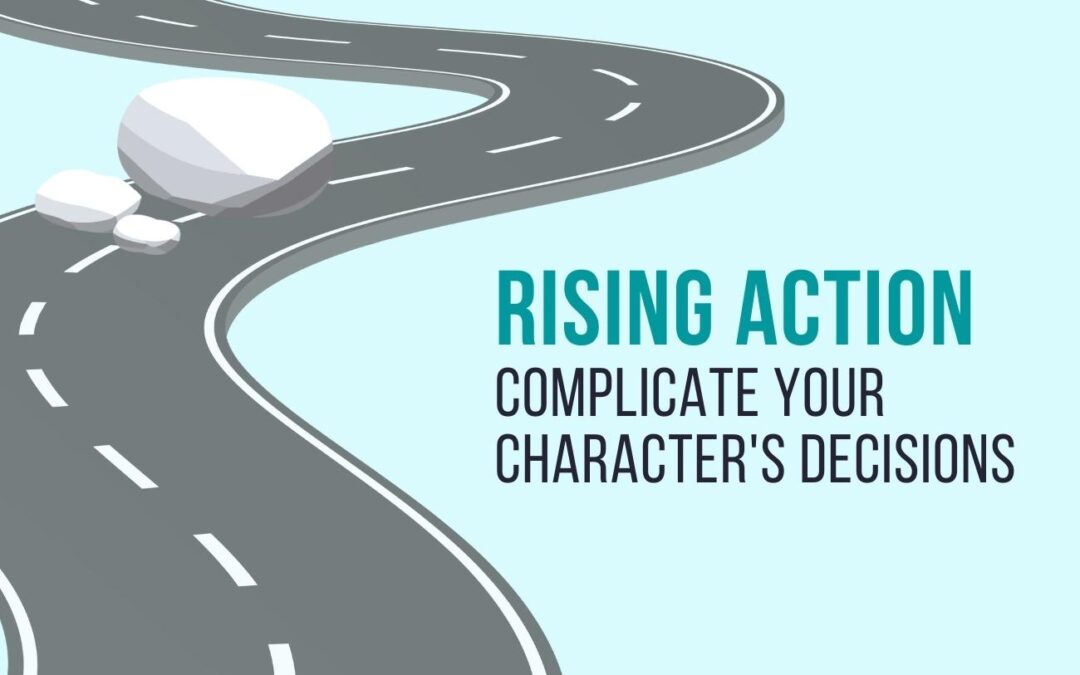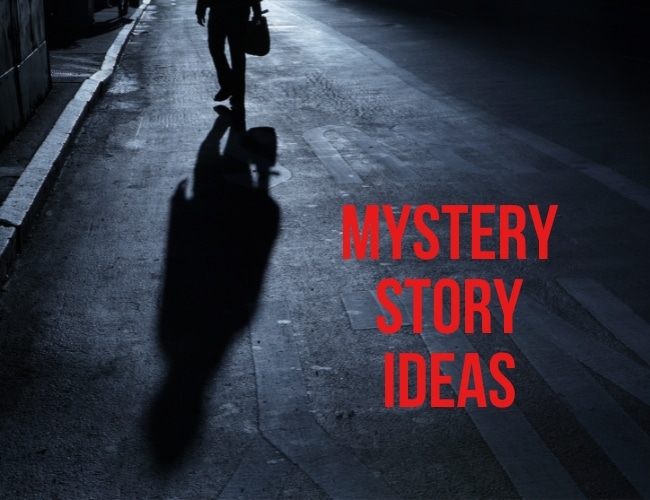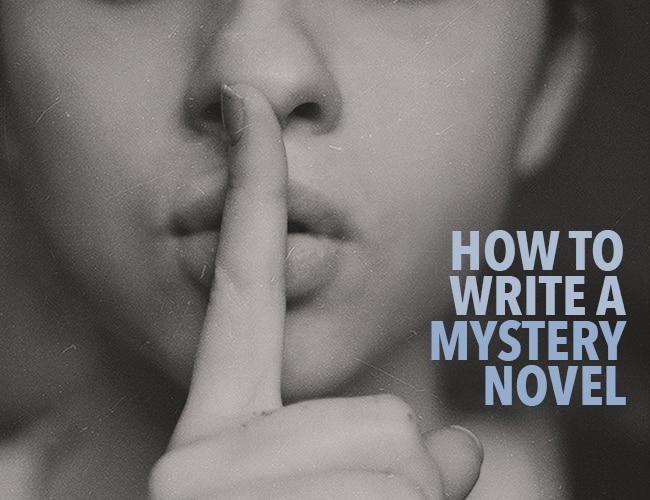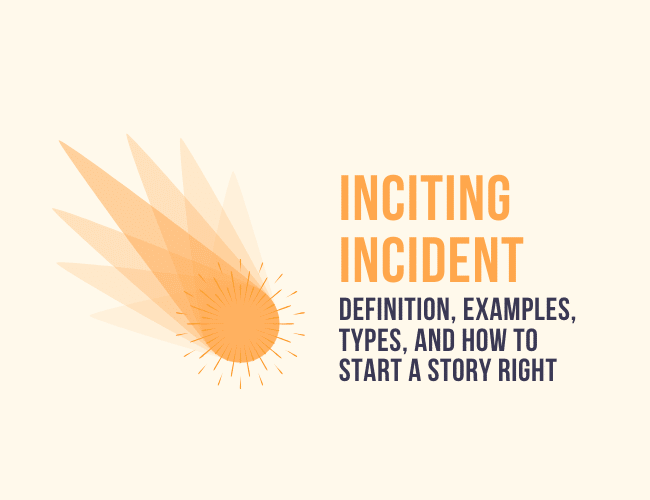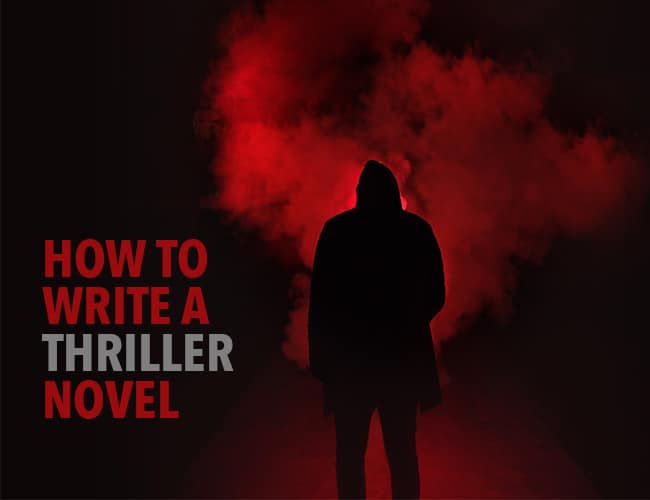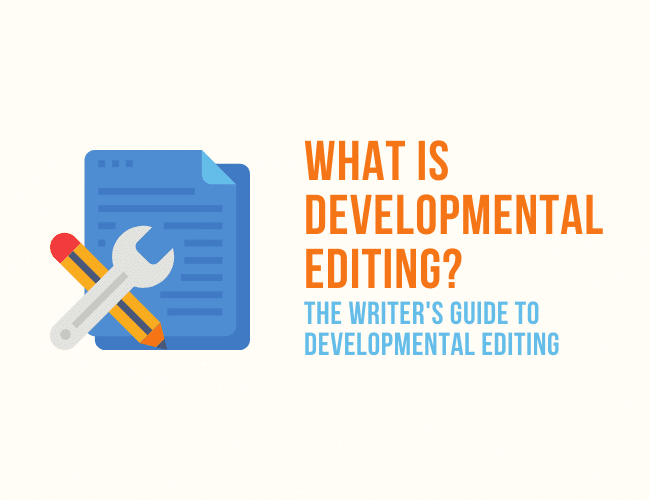If you’ve ever told a good story—one that has your friends or family on the floor laughing, or else on the edge of their seat asking, “What happened next?!”—then you know that you can’t get to the point of the story too quickly.
Instead, you draw out interest. You talk about all the things that went wrong. You make jokes and accentuate the best details. When you’re done, it’s not the punchline people remember; it’s everything leading up to it.
The same is true when you’re writing a story, particularly in novels, memoirs, and screenplays. It’s called the Rising Action, and it’s essential to get it right IF you want to write entertaining, informative, and deeply connecting stories.
In this article, I’m going to talk about the rising action: what it is, how it works in a story, how it’s been treated by scholars who study story structure throughout history, and finally how you can use it to write a great story.
